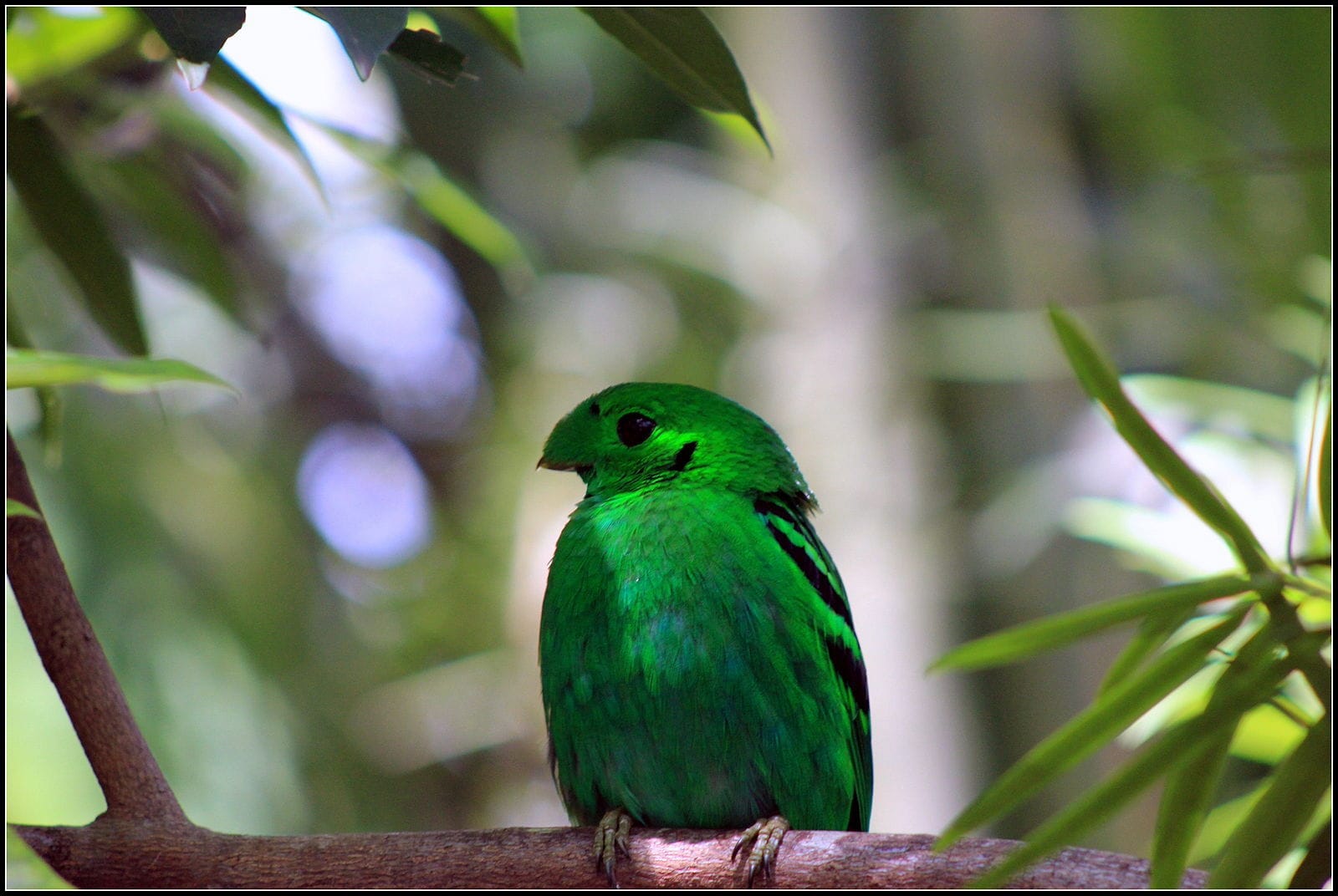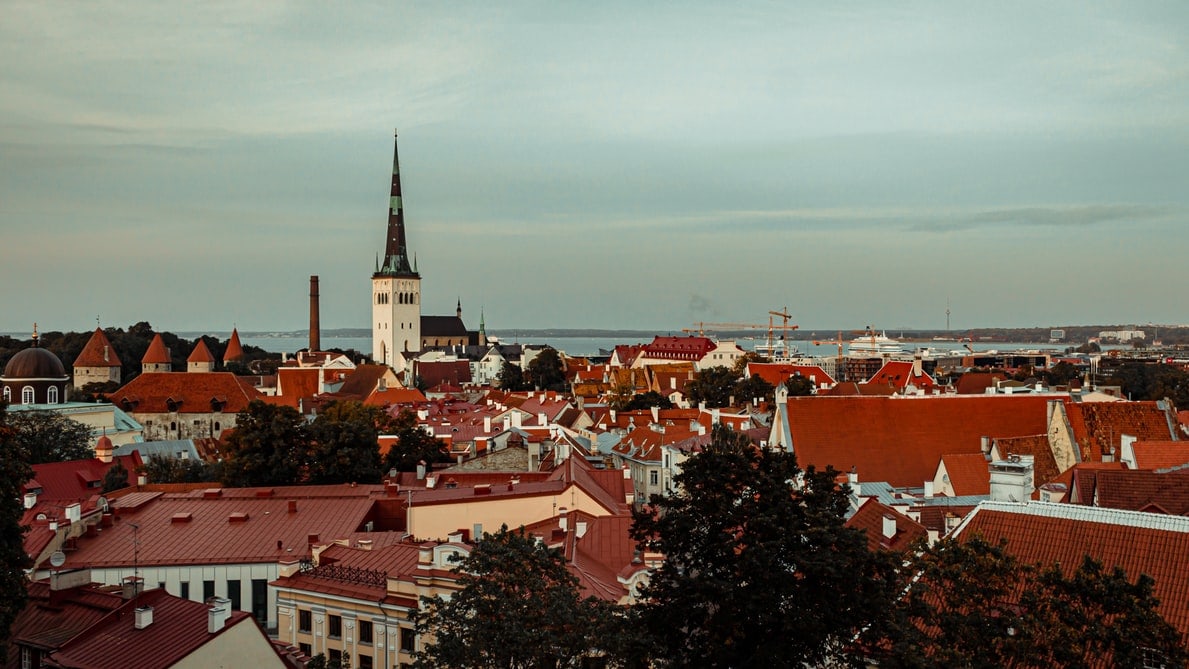Apparently summer doesn’t just bring sunshine and good weather, it also brings positive sustainability news. So let’s look at some of the best stories from July, and a few other tidbits.
Sustainability at the Tokyo Olympics
It was the turn of Tokyo to host the Olympics in July. The event was a bit delayed and somewhat muted because of COVID-19 but it has been a great spectacle, as always.
Apart from the beguiling mix of show-stopping events and niche sports that you’d never take much of an interest in outside of the Olympics, one of the best things about this year’s version has been an extra effort on the sustainability front.
There were all sorts of ways this massive event was made more sustainable. The energy for extravaganza mostly came from renewable sources; the athletes’ village was built from recycled timber, new stadia were shunned in favour of refurbishing existing facilities. But the most symbolic gesture was to make the winners’ medals from recycled precious metals from discarded gadgets.
Yes, those gold, silver and bronze medals were complete and utter Junk. It does make you think: if some of the most sought-after prizes in global athletics can be made this way then surely more everyday things could be too.
It was the greenest Olympics ever, some say. But that doesn’t stop others questioning how superficial the efforts were. And that’s healthy.
The bird that rose from the dead
Well, if they say cats have nine lives, then the green broadbill has at least two. This dazzling bird was thought the be extinct in Singapore but in July it was spotted again in Palau Ubin after 70 years of furtively hiding somewhere.
We do like a bit of Birds at Akepa, so we were happy when we read this story. When a species is declared extinct it’s a shameful ending with no chance for redemption. Not in this case.
And not in some other cases. This kind of comeback has happened before, with quite a few species thought to have perished showing up again when least expected. It’s the beauty of nature, isn’t it? How wild and unexpected it is, how resilient it is. There are currently 159 extinct bird species, so fingers crossed for further future rediscoveries.
Oh, and as a side note, if you do like a Broadbill, the Black and Red Broadbill also comes highly recommended. It’s an incredible bird that looks almost Photoshopped. And just like its green cousin it reappeared in Vietnam in 2004 for the first time since the 1940s. These Broadbills, what are they like!
Are Electric Planes about to take off?
Aviation is an industry that has a massive carbon footprint and it’s not very easy or practical to stop people flying. And then there’s the guilt. It would all be just so much better if those blasted planes that we all travel in from time to time could be electric.
That’s what might be happening soon, if recent developments are to be trusted. In July, United Airlines ordered 100 electric passenger planes from a Swedish startup: Heart Aerospace. They should be ready for commercial flights by 2026 and will be able to carry up to 19 people. That’s a big step forward.
Jumbo-jet sized electric flights are still a long way off but more sustainable journeys through the skies could come sooner than we think. Could they please bring back passenger airships too?
Europe’s top 10 greenest cities announced
European cities such as Copenhagen, Amsterdam, Reykjavik and Berlin are considered to be at the forefront of urban sustainability. And now joining these locations are 10 new contenders, shortlisted for The European Green Capital and Green Leaf Awards.
The European Green Capital Awards highlight larger cities (over 100,000 inhabitants), with the finalists being Helsingborg (Sweden), Krakow (Poland), Sofia (Bulgaria) and Tallinn (Estonia, below).
And to give some of the places with fewer people a chance, the partner European Green Leaf Awards focuses on smaller cities of 20,000 to 100,000 inhabitants. The 2022 finalists for that one being Bistrița (Romania), Elsinore (Denmark), Gavà (Spain), Treviso (Italy), Valongo (Portugal) and Winterswijk (Netherlands).
Winners receive grants to continue enhancing the city’s sustainability and become role-models for the rest of the EU. Shortlisted cities also raise their profiles as destinations, which might make some of those smaller ones sound more familiar. The victors will be announced on the 9th of September in Lahti, Finland, which is the European Green Capital for 2021.
How did you do? Plastic Free July 2021
Like many addictions, our world’s obsession with plastic is problematic and a hard habit to kick. It needs someone with a plan to come in and sort it out. That’s what the team at the Plastic Free Foundation have been doing since 2011. Their Plastic Free July campaign encourages people from all over the world to try and make changes, however big or small, to their plastic consumption.
Challenging others to commit to a month ‘free’ of plastic, is a way shape people’s behaviour by creating long-lasting habits. It’s an approach that seems to be working elsewhere, just think of how big Veganuary is.
It’s not July now but that doesn’t mean we have to rekindle our enthusiasm for all things plastic. Plastic Free July also shares a lot of articles with tips on how to reduce plastic in everyday places like the garden, or in DIY projects! Give it a go, it’s not as tricky as you‘d think.
And if you did take part in Plastic Free July, let us know how you did in the comments.
Clothing rentals ≠ more sustainable
Have you ever rented a suit for a special event, or a dress for a prom, (or a kilt and sporran for a wedding if you’re Scotch like one of the writers of this round-up)? Formalwear clothing hire has been around for a long time but it wasn’t until recently that ‘mainstream’ clothing rental started to hit the market. The premise seems promising. You receive items of clothing via mail for a short rental period, you wear the things, then you return them back to the supplier, and then receive a new box of stylish clothes to wear for the next month. We all know that shopping and overconsumption is one of the greatest sustainability issues we face, so this seems like the perfect middle ground, right?
Well, no. Not according to a study published by the Finnish scientific journal Environmental Research Letters. They looked at renting, reselling and recycling, and found renting to be by far the worst for the environment. Hidden environmental costs were found in the repeated shipping as well as the dry cleaning of clothing items. Clothing rental brands would seem to be hiding under a grotty old cloak of greenwashing, bleating out terms like “circular economy” in a wasteful industry that needs to start investing in the long-term.
Fashion trends may come and go but the damage we do to our planet will remain for years to come. So, what is the answer then? Just buying less and buying better.
So, there goes our July news in a nutshell. Did we miss anything? Let us know if we did…..





Leave a Reply